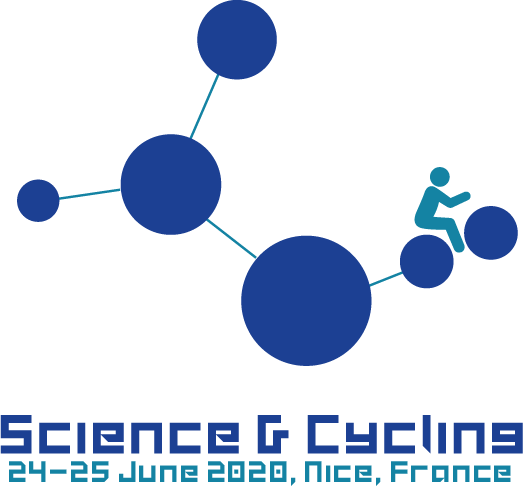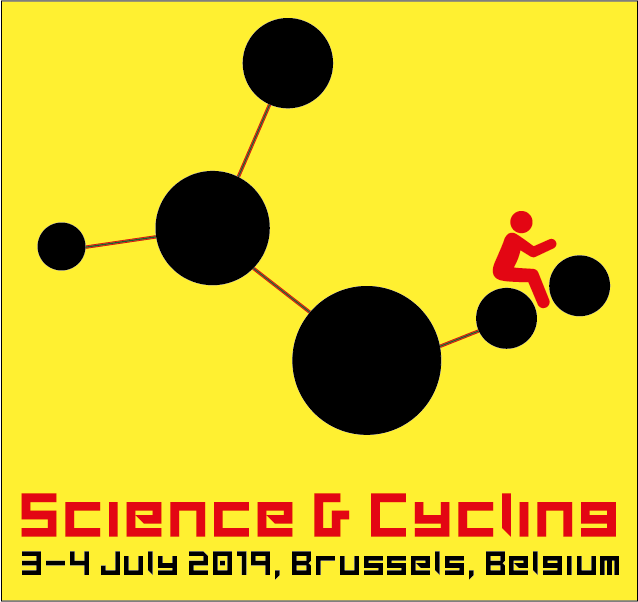
How power is composed
Muscular energy metabolism- The contribution of energy production in training and racing.
On 5 July 2019 a masterclass will be given by Sebastian Weber.
Location: VU Brussels
Time: 09.00 – 17.00
Program
Take a deep dive into how the muscular energy metabolism is regulated, and how it contributes to power output in training and racing. Learn how the utilization of creatine phosphate, glycolysis and aerobic metabolism interact- enabling certain power outputs and performances.
Apply this knowledge to practical situations in training and racing; how to understand the power numbers from a metabolic point of view. Understand the training stimulus on the aerobic and glycolytic systems in different types of training.
Dive into the differences in rider types (GC rider, classic riders and sprinters). Analyze the metabolism in several real world race scenarios from world tour cycling- such as Tour de France stages, classic races, TTT and ITT races.
The topics:
- How Power is composed: the interaction of all three energy producing mechanisms: creatine phosphate, glycolysis and oxidative phosphorylation
- The physiological origin of the anaerobic threshold: why endurance sports most popular metric exists, and how it is created on a cellular level
- Debunking critical power and W’: the possibilities and the limits of power duration curves. How is W’ composed (aerobic vs. Anaerobic) and why it differs for different durations. Learn why recovery of W’ is not constant
- Regulation of fat metabolism: implication for training and racing
- Energy Metabolism in different rider types
- How do professionals do it? The composition of power in world-class performances: energy metabolism in sprinting, ITT and TTT, classics
About the instructor
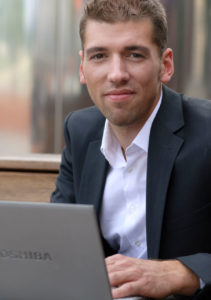 SEBASTIAN WEBER , has studied sport science and molecular human biology for over 20 years. He has been the head sport scientist/head of performance for many of the most successful world tour cycling teams over the past 12 years. He has been the personal coach of athletes like Peter Sagan, André Greipel and Tony Martin.
SEBASTIAN WEBER , has studied sport science and molecular human biology for over 20 years. He has been the head sport scientist/head of performance for many of the most successful world tour cycling teams over the past 12 years. He has been the personal coach of athletes like Peter Sagan, André Greipel and Tony Martin.
Sebastian has more then 15 years experience in the research and assessment of the muscular energy metabolism. He is the scientific leader of INSCYD metabolic analysis software. Sebastian is an advisor on performance assessment to several organizations, including the French swimming federation, World Tour Cycling Teams such as Jumbo-Visma, and several human performance labs, and coaching businesses around the world.

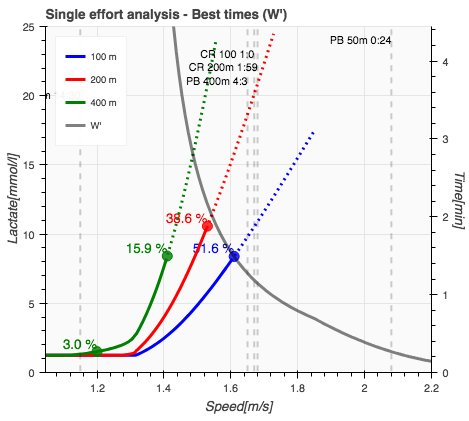
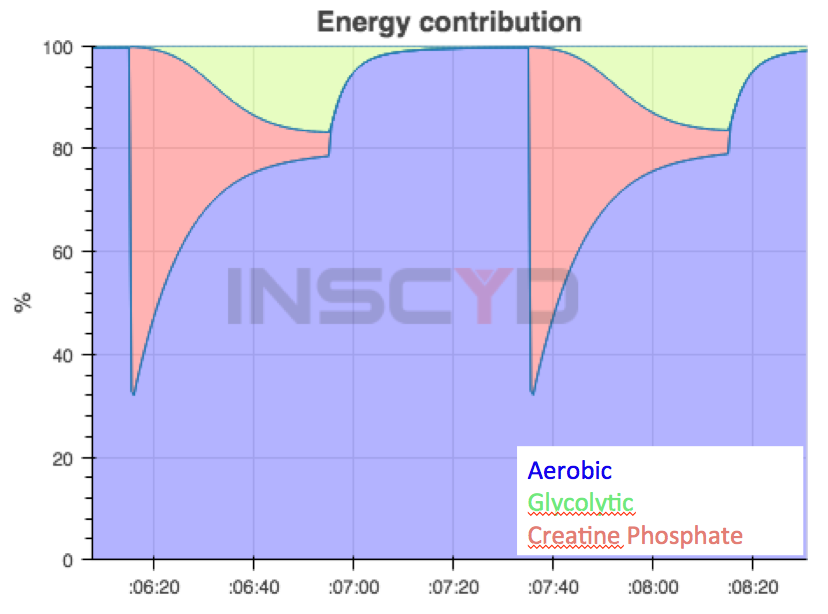
REGISTRATION FEES MASTERCLASSES SCIENCE & CYCLING 2019
(Incuding 21% vat)
MASTERCLASS
DAY
TYPE
Early Registration Fee
< 1 April 2019
Late Registration Fee
1 April – 24 June 2019
Onsite Registration Fee
> 24 June 2019
How power is composed
5 July 2019
Regular
€ 345.-
€ 375.-
€ 395.-
How power is composed
5 July 2019
Student
€ 225.-
€ 245.-
€ 275.-
